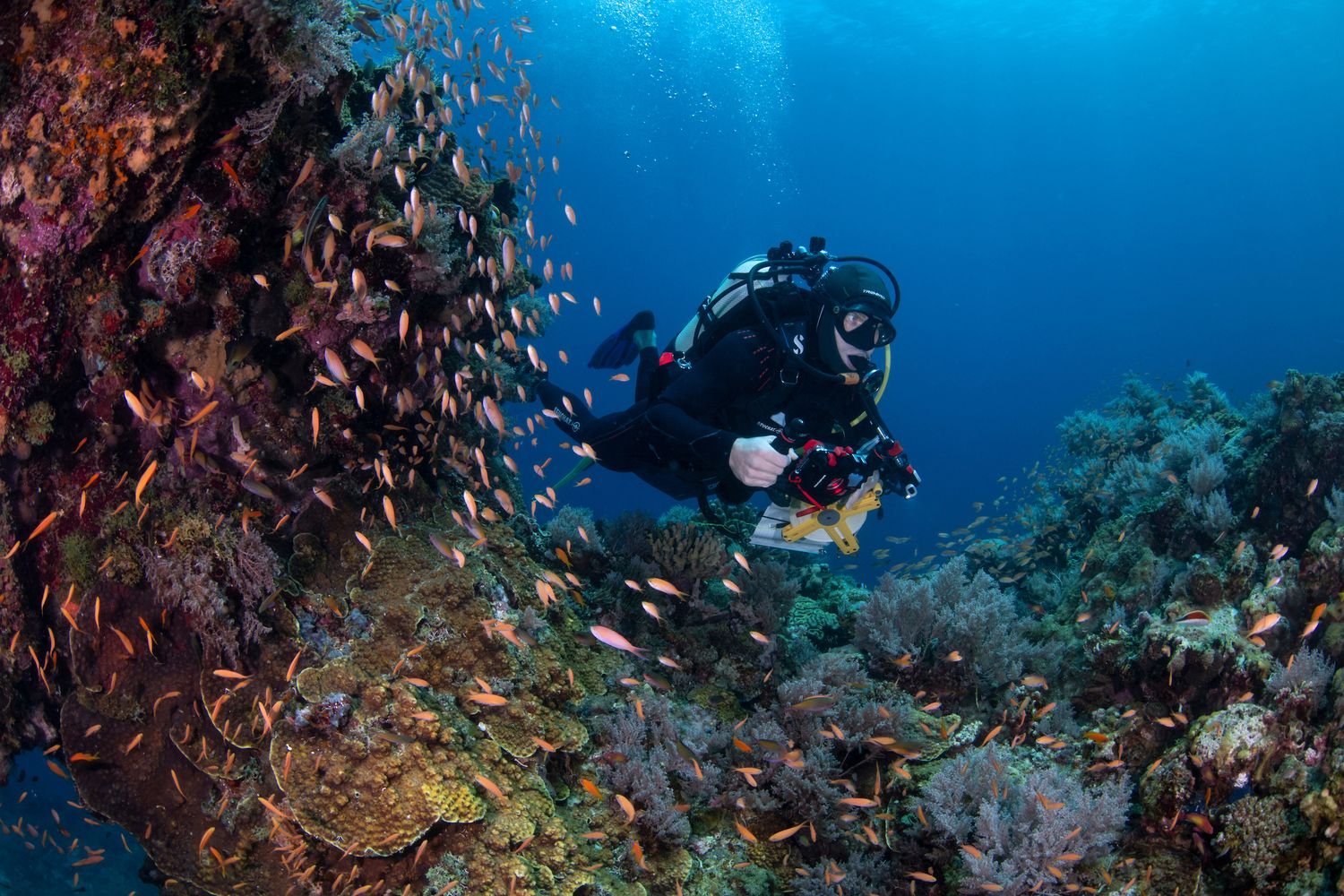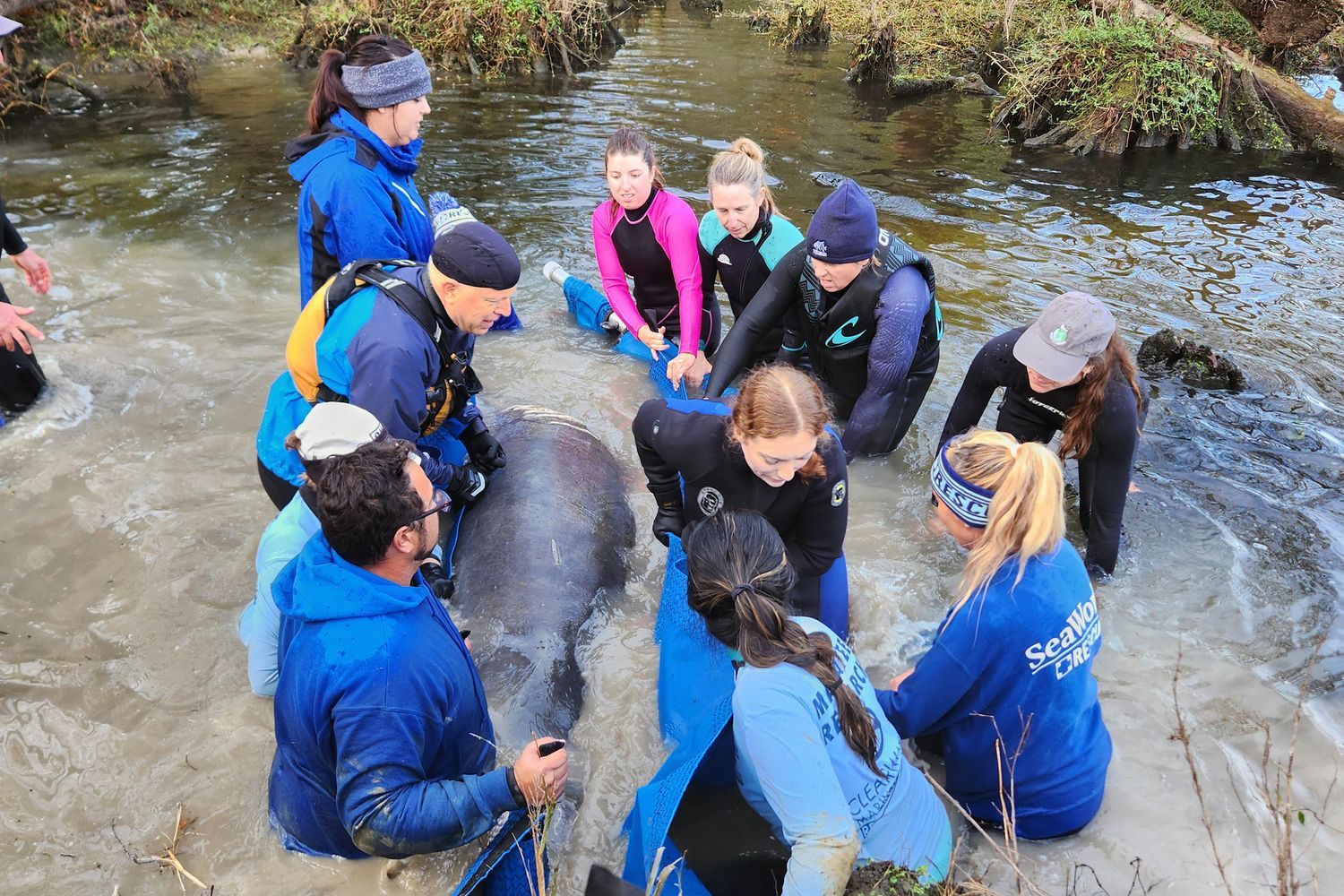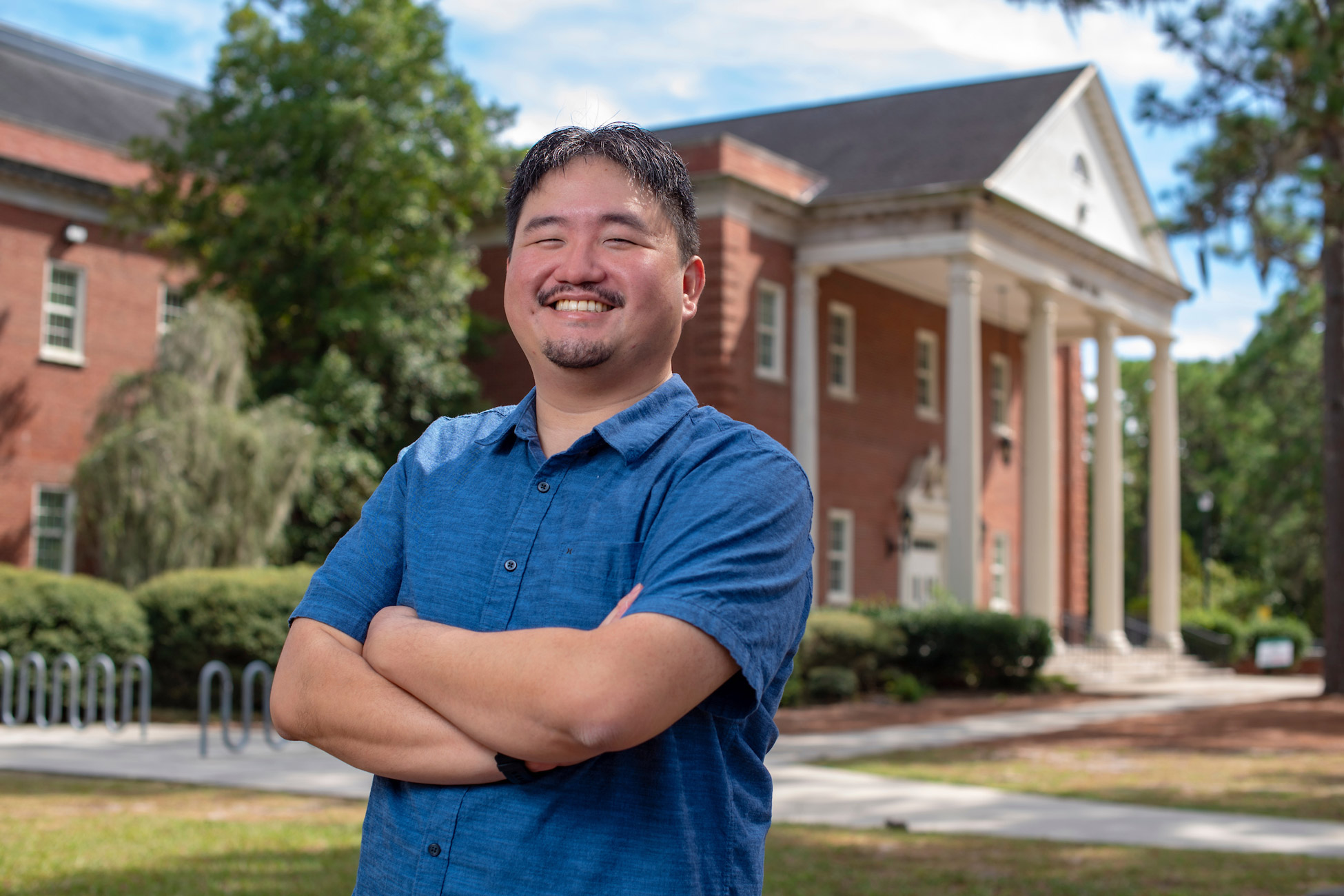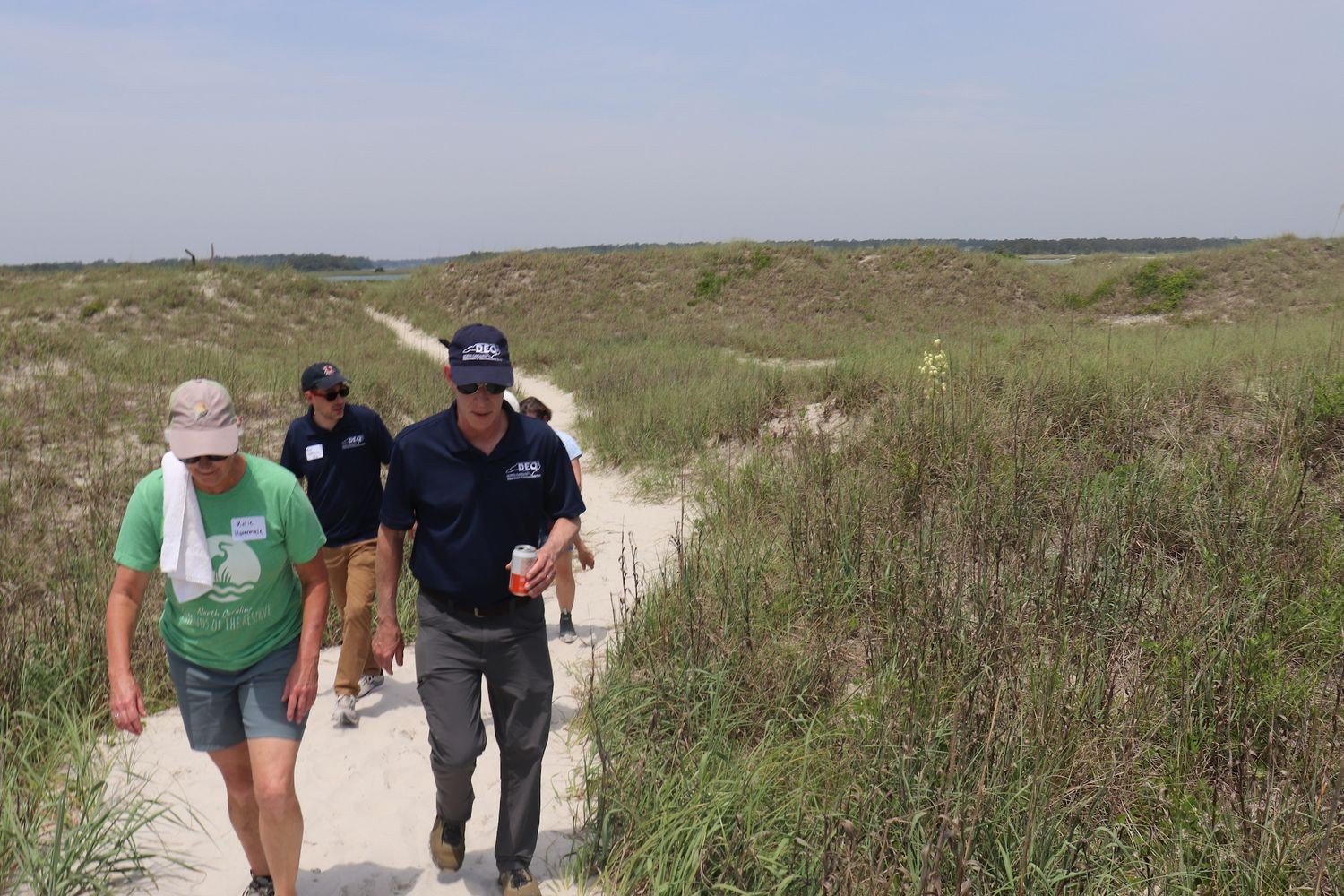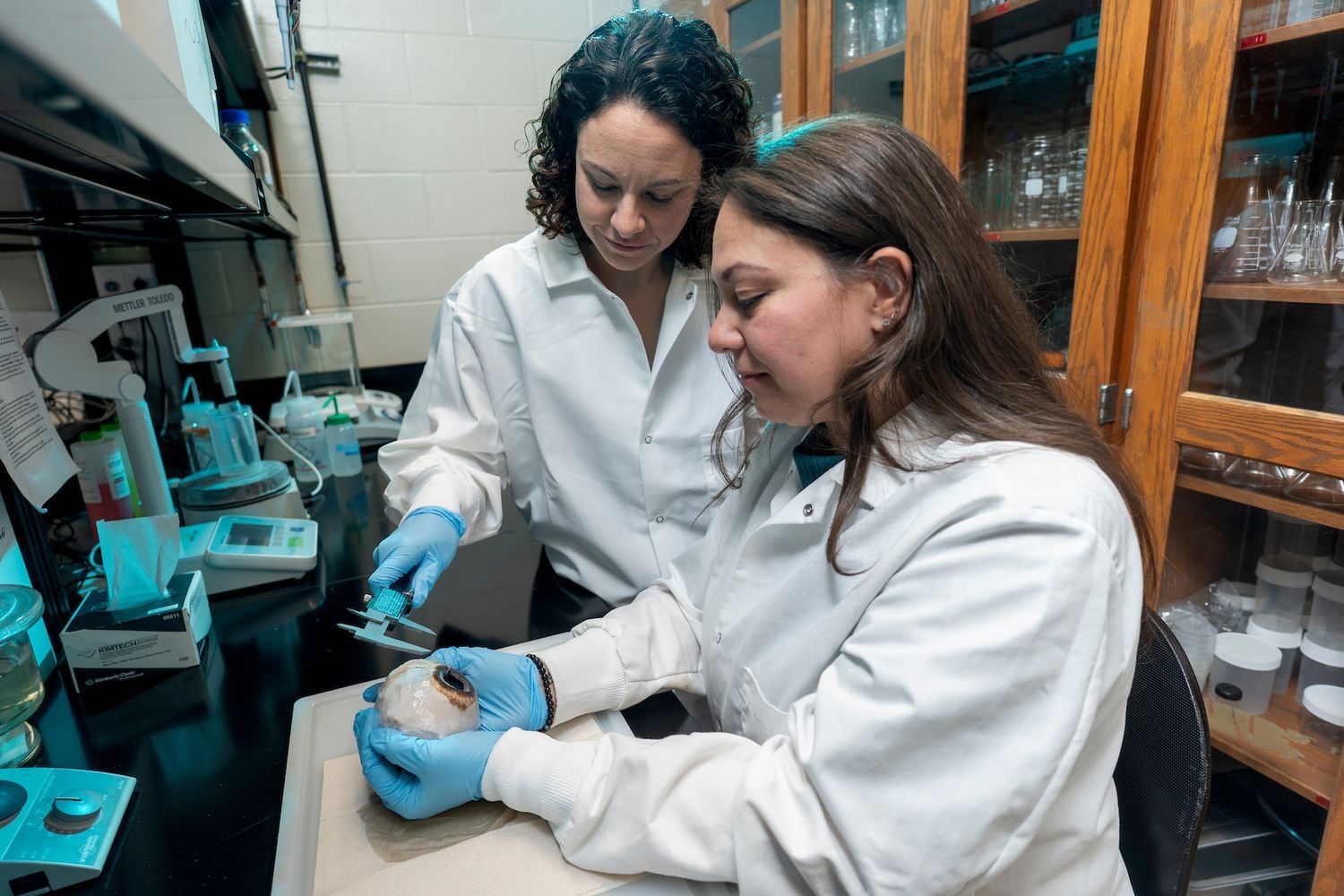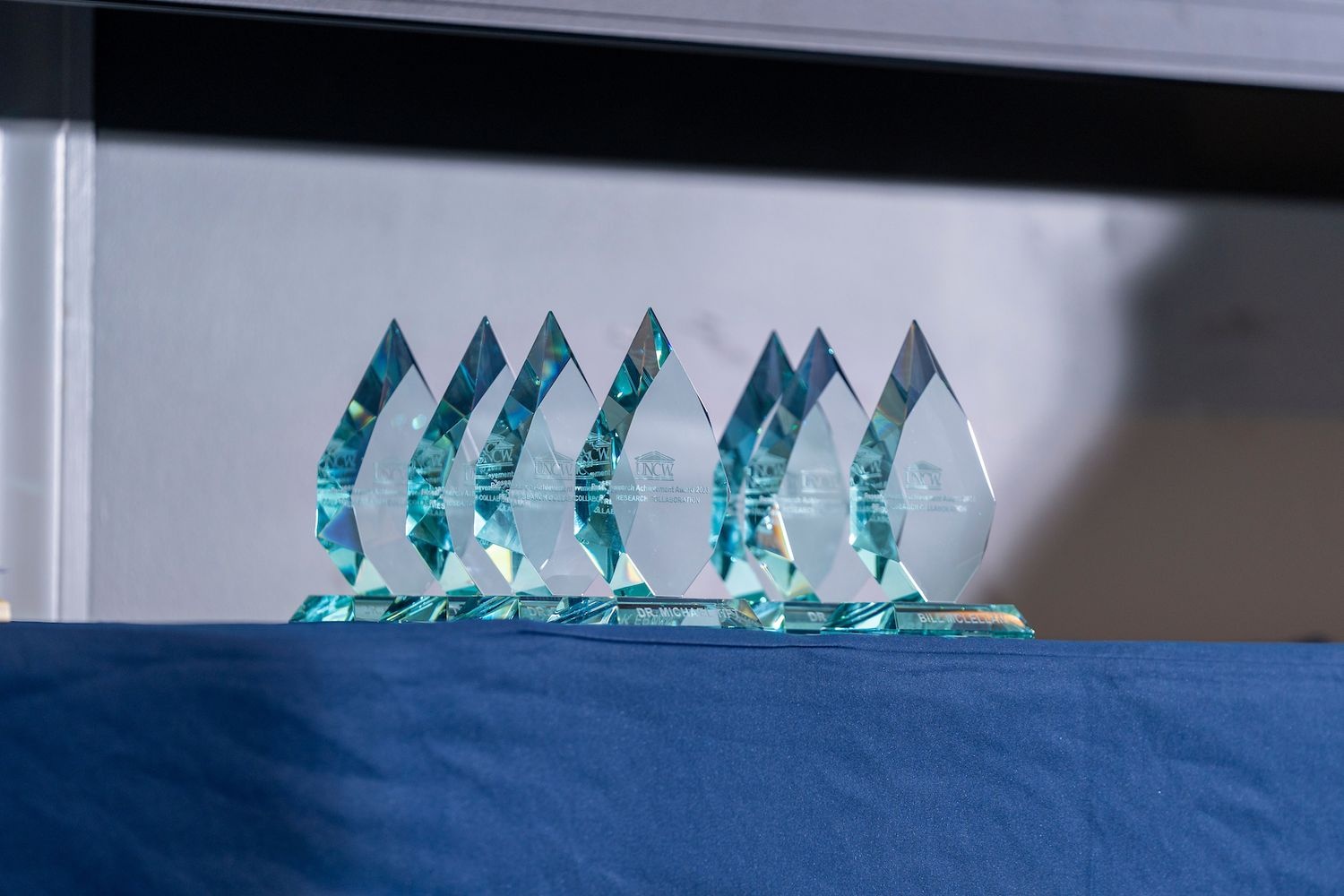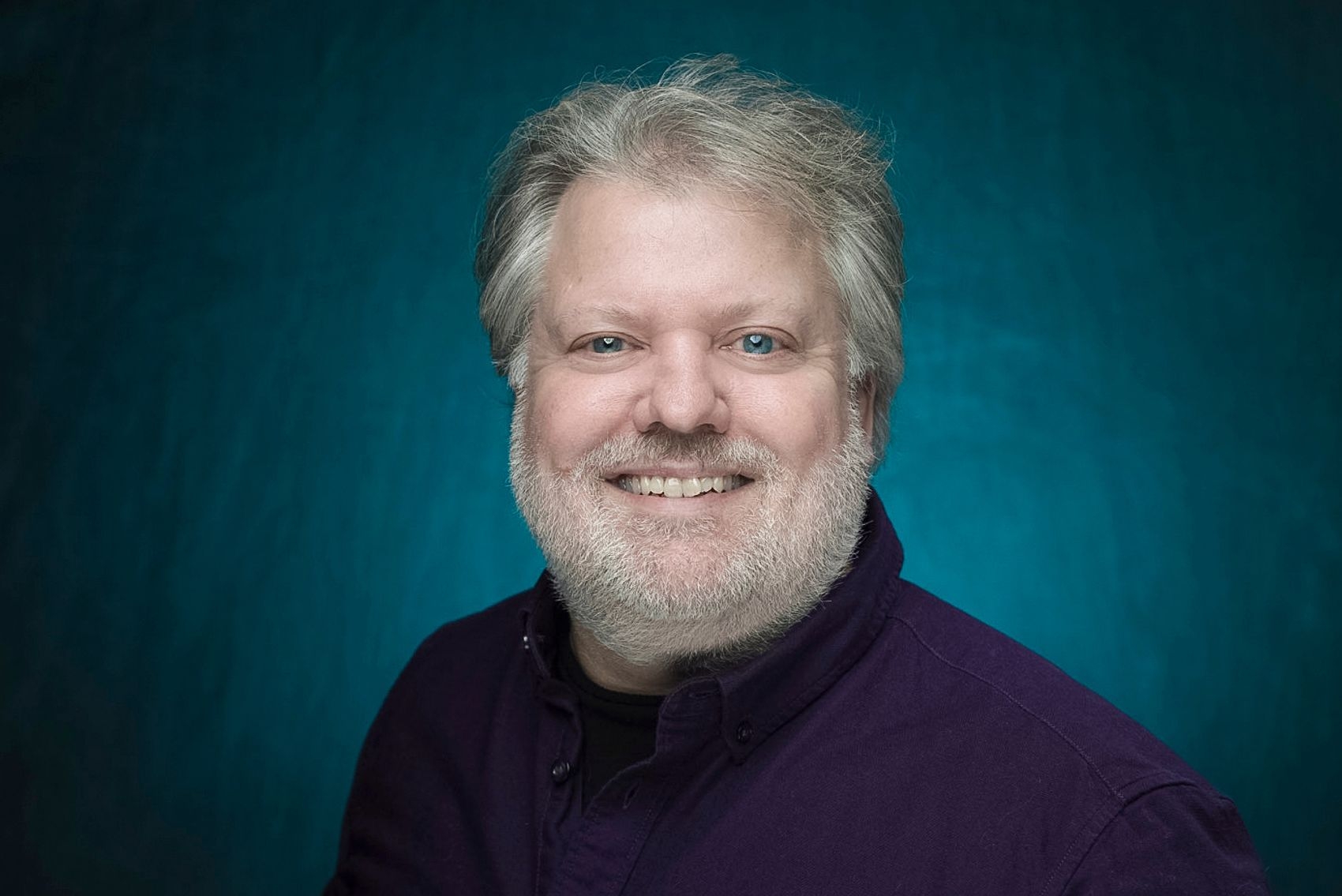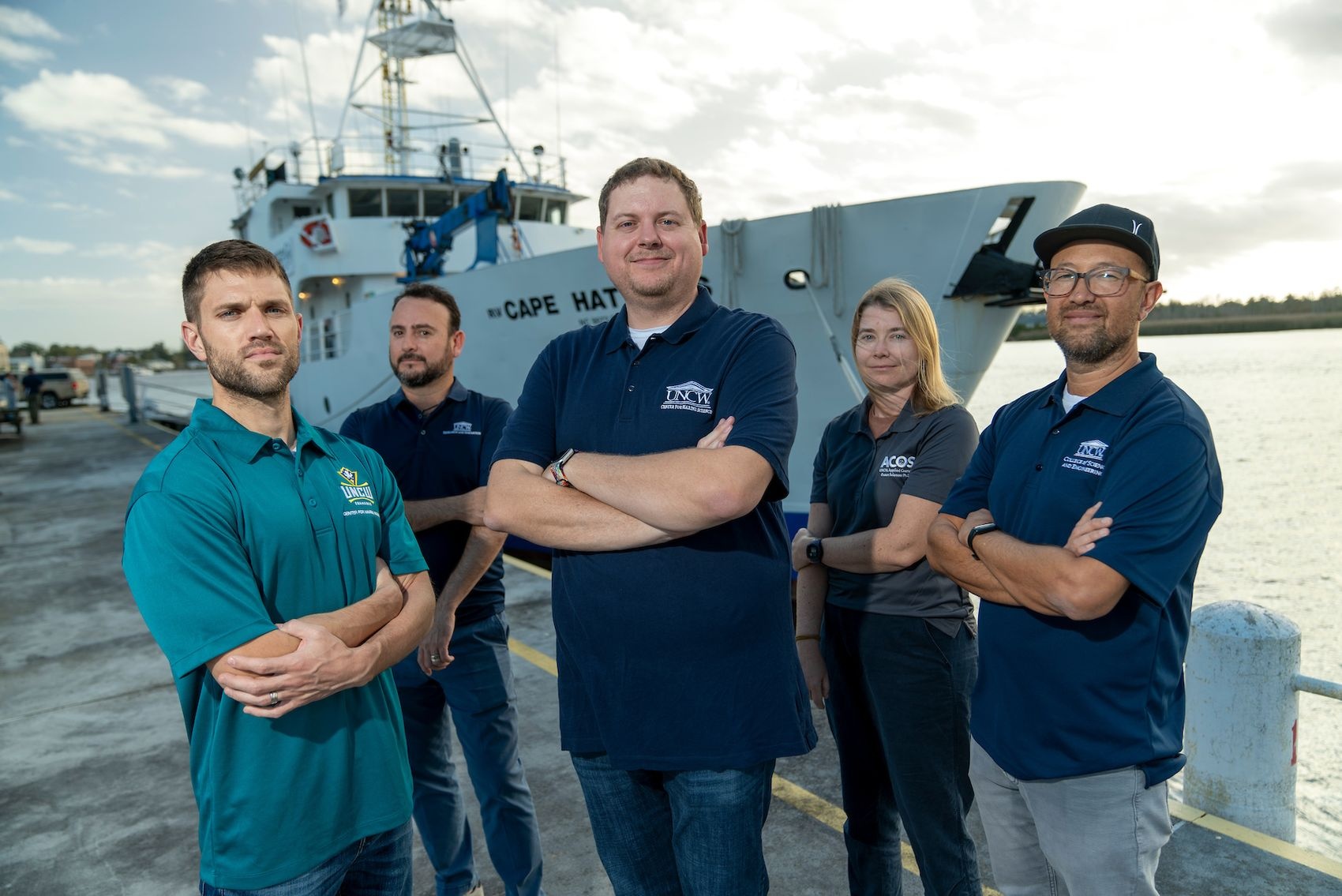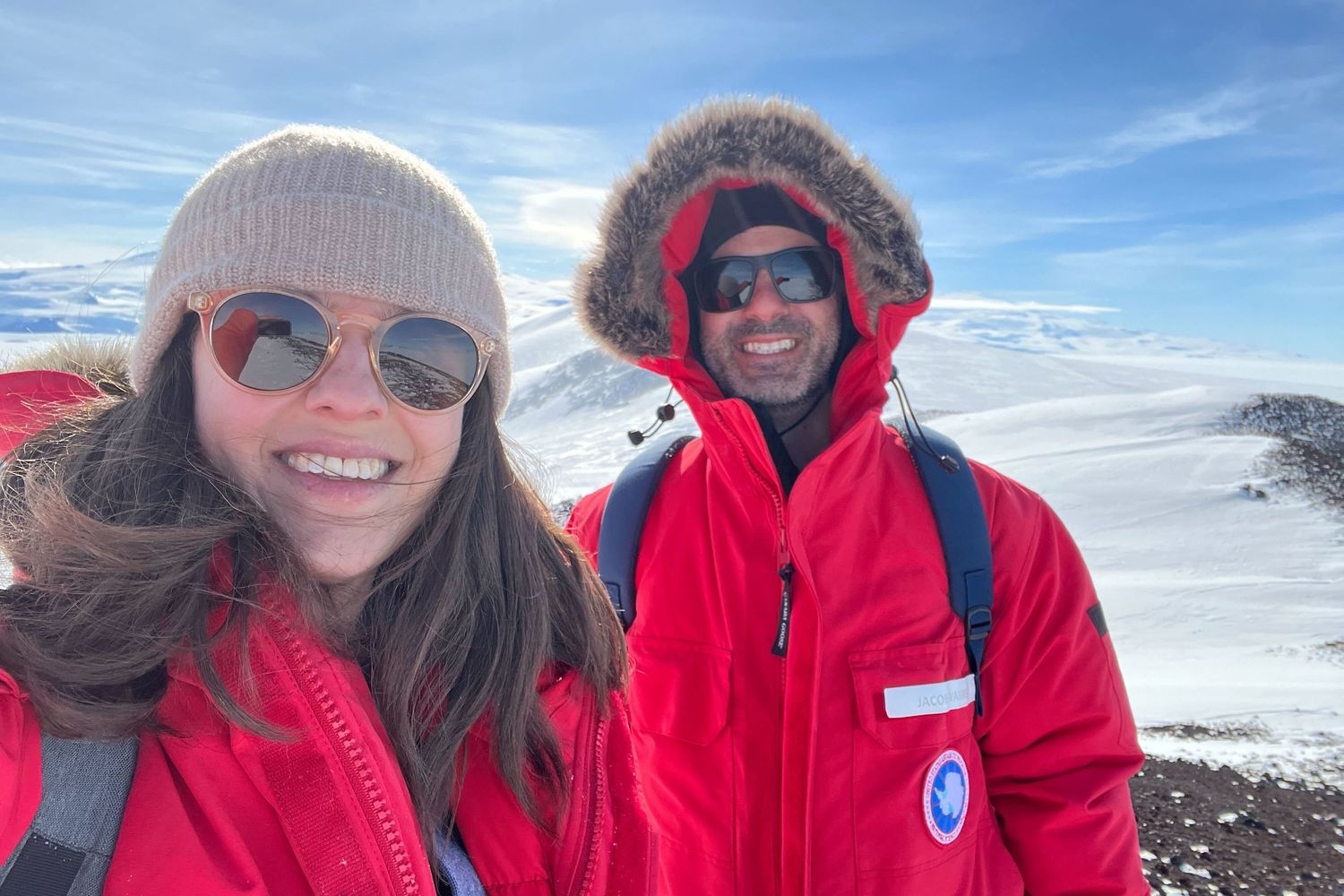The Planet Ocean Seminar Series is free and open to the public. Seminars are currently run as both in-person and virtual events, so registration is required. Once you register to attend virtually, you will receive the link to join the webinar. For further information, please call the UNCW Center for Marine Science at 910.962.2408.
2024-25 Series
Feb. 11, 2025
Axial Seamount, the Pacific Northwest's Most Active Undersea Volcano
with Dr. Scott Nooner, Professor in Earth & Ocean Sciences
We are fortunate to have Dr. Scott Nooner, UNCW Professor of Geophysics, presenting his research that focuses on undersea volcanoes. In late January, his research on Axial Seamount, the Pacific Northwest’s most active undersea volcano located ~300 miles offshore Oregon was featured on ABC News.
Studying how mid-ocean ridge systems form and evolve is important for understanding plate tectonics, as well as for understanding the interplay between the formation of oceanic crust and hydrothermal vent systems. Unusual and important systems in terms of their geological and biological nature.
Dr. Scott L. Nooner, is a professor in UNCW’s Depart of Earth & Ocean Sciences. He came to the university in 2012 and earned his Ph.D. in Earth Sciences at Scripps Institution of Oceanography. He has presented his research at the American Geophysical Union meetings and in numerous scientific publications.
Nov. 12, 2024
The Surface Water and Ocean Topography Mission:
NASA's New Eye in the Sky for Earth's Water
with Dr. Tamlin Pavelsky
After almost two decades of development, NASA launched the Surface Water and Ocean Topography (SWOT) Mission in December 2022. SWOT is designed to provide the most complete measurements ever of Earth’s surface water, including rivers, lakes, and oceans. It uses radar technology to track detailed variations in water levels that can help us understand water storage in millions of lakes, the flow of water through rivers, and ocean currents. In this talk, we will explore this exciting new mission and get a first look at some of the data and results that are beginning to come out from it.
Dr. Tamlin Pavelsky is a professor of global hydrology in the Department of Earth, Marine and Environmental Sciences at the University of North Carolina at Chapel Hill. He earned his doctorate in geography from UCLA in 2008. His research has focused on understanding the global distribution of water in rivers, lakes, and mountain snowpack using satellite imagery, field measurements, and regional climate models. Since 2013, Dr. Pavelsky has served as the hydrology science lead for the NASA Surface Water and Ocean Topography (SWOT) satellite mission. For his work leading the surface water community towards solutions for measuring river flow from space, Dr. Pavelsky was awarded a Presidential Early Career Award for Scientists and Engineers, the highest award given by the U.S. government to early career researchers. He grew up in central Alaska in cabins without electricity or running water.
Sept. 10, 2024
The Long-Lost Nile Branch May Help Solve the Riddle
Surrounding the Placement of the Largest Egyptian Pyramids Field
with Dr. Eman Ghoneim
Scientists have long hypothesized that the Nile River may have previously been closer to the narrow desert stretch that is home to Egypt's largest pyramids field than it is today. This assumption, however, remains speculative, since no waterway has been found near the pyramids, while the Nile River lies several kilometers away. Radar satellite imagery, in conjunction with geophysical data and deep soil coring enabled us to confirm the presence of a buried major Nile branch passing closer to the Old and Middle Kingdom pyramids. This long-lost branch served as a crucial water conduit for the movement of laborers, large stones and building material to the pyramid sites, which might explain why the Ancient Egyptians chose this location for the construction of their pyramids.
Eman Ghoneim received her Ph.D. in 2002 in physical geography from the University of Southampton, UK. She held a research assistant professor position at the Center for Remote Sensing, Boston University from 2003-2009. In 2010 she joined the Department of Earth and Ocean Sciences and become the Director of the Space and Drone Remote Sensing Laboratory (SDRS).
2023-24 Series
Apr. 9, 2024
Emerging Challenges for Coastal Birds:
Sea Level Rise, Heat, and Disturbance
with Dr. Ray Danner
watch recorded webinar
Feb. 13, 2024
Robotic Oceanography:
Expanding the Impact from Science to Decision-Making
with Dr. Catherine Edwards
watch recorded webinar
Nov. 14, 2023
Sensory Systems to Self-Driving Cars:
Science at the Intersection of Mechanism, Theory, and Opportunity
with Dr. Lorian Schweikert
Dr. Schweikert's Lab
Sep. 12, 2023
An Overview of Marine Mammal Research at UNCW
with Dr. Michael Tift
2022-2023 Series
April 18, 2023
Conservation in a Changing Climate: Impacts on Seagrass Resiliency and Restoration
with Drs. Jessie Jarvis and Stephanie Kamel
Watch recorded seminar
Feb. 7, 2023
The Climate Crisis: Where We Are, What We Can Do
with Dr. Maureen Raymo
Nov. 15, 2022
Ten Things I Learned from Studying the Deepwater Horizon Oil Spill for a Decade
with Dr. Steven A. Murawski
WATCH RECORDED SEMINAR
Sept. 13, 2022
A Tale of Two Brothers: Art Meets Science in the Open Sea
with Dr. Sönke Johnsen
WATCH RECORDED SEMINAR
VIEW PREVIOUS PLANET OCEAN TOPICS
Center for Marine Science Open House
The Center for Marine Science (CMS) invites the general public to tour campus each fall at our Open House, typically held on one of the first couple of weekends in October – weather permitting. Thank you to everyone who attending our 2024 open house!
Follow us on Facebook, Instagram and Twitter for future events and marine science news.
MarineQuest provides K-12 marine and environmental education in coastal North Carolina.
CMS-based MarineQuest Staff
Harris Muhlstein: MarineQuest School Program Coordinator
Morgan O'Connell: Research and Volunteer Coordinator
The North Carolina National Estuarine Research Reserve (NCNERR) promotes informed management and stewardship of North Carolina’s estuarine and coastal habitats through research, education and example.
North Carolina Sea Grant provides research, education and outreach opportunities relating to current issues affecting the North Carolina coast and its communities.
LEARN MORE ABOUT NC SEA GRANTContact CMS
Center for Marine Science
Phone: (910) 962-2301
Fax: (910) 962-2410
Monday-Friday
8 a.m. - 5 p.m.



